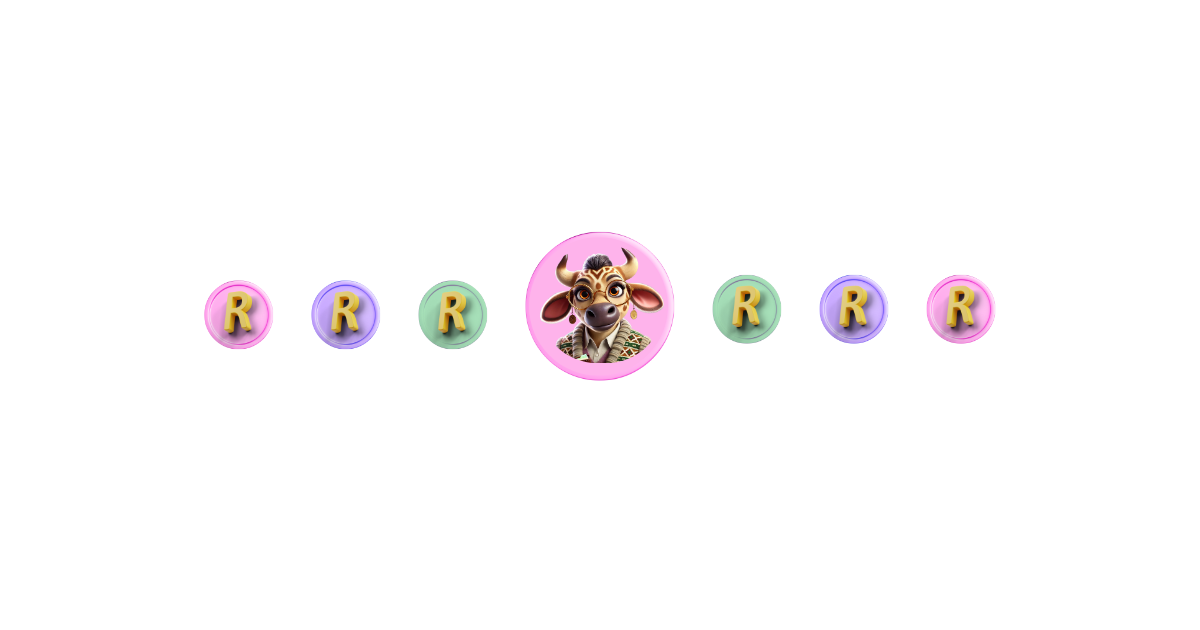

Teach kids about taxes early with these mindset shifts, hands-on habits, and fun games that show why everyone chips in. Plus, get our free Services Jar resource
No matter your thoughts on taxes (or how they end up being used), taxes form a significant part of our money conversations.
And while it may seem like something only adults worry about, kids are already living with the benefits.
Think of the roads we drive on, the schools kids attend, and even some of the services provided by the government are paid for using taxes.
Most kids, however, don't realise that. Instead, their first tax experience often comes as a shock when they receive their first payslip.
Teaching about it early reframes taxes as shared responsibility, not just “money disappearing.”
1. A mindset to cultivate
Taxes are how we all chip in.
It’s easy to see taxes as losing money (trust us).
But kids can learn to view taxes as a way of contributing to society.
Research shows that even mini millionaires as young as 3 years old are able to demonstrate fairness, indicating an understanding of the idea of sharing resources.
Explaining taxes as teamwork helps kids see the bigger picture: If everyone gives a little, everyone can benefit more, from playgrounds to hospitals, schools to parks, and everything in between.
Takeaway: Help your child understand that taxes are about being part of something bigger.
2. A habit to form
Practice “earning minus sharing.”
Use their pocket money to teach a hands-on lesson.
Try setting aside 10% as a “community jar.” Later, that jar can fund something for the whole family, like pizza night or movie snacks.
By practicing “earning minus sharing,” kids can get comfortable with the (inescapable) idea that not all the money they earn is theirs to keep.
Takeaway: Build the habit that a slice of income always goes elsewhere, so taxes never come as a surprise.
3. A tip/trick to try
Turn taxes into a game.
On “income day,” let kids earn play money through chores or pretend jobs.
Then introduce family “services” like the internet, electricity, toy rentals that they have to pay for with a portion of their earnings.
Linking payments to real benefits turns taxes from an abstract concept into something they can see and feel.
Takeaway: Gamify taxes so kids connect payment with privilege, making the why behind the what clear from the start.
Introducing: The Services Jar…
Alongside the usual Save, Spend, Share, and Sow jars, we’d like to introduce a Services Jar. (If you don't know what we’re on about, learn about the 4 Jars System.)
Here’s how it works: Everyone chips in a little (just like paying taxes), and that money goes toward things the whole family uses, like electricity, WiFi, or water. Kids get to see that while taxes feel like giving money away, they actually give back in shared benefits.
Reflection questions spark good conversations about fairness, responsibility, and community.
The Services Jar makes taxes tangible, practical, and even a little fun for your mini millionaire.
Grab our free, downloadable resource to add a 5th ‘Services’ Jar.
